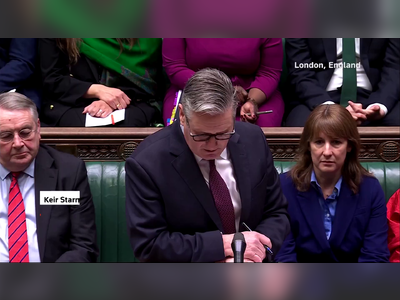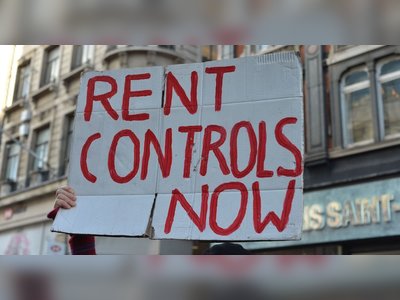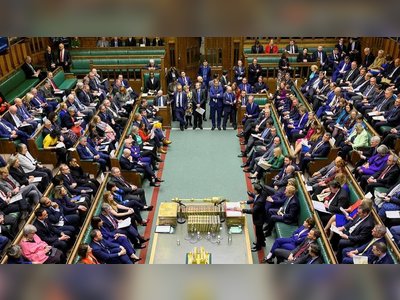U.S. SEC Dismisses Lawsuit Against Binance Amid Regulatory Shift
The Securities and Exchange Commission has dropped its 2023 lawsuit against Binance and founder Changpeng Zhao, following a $4.3 billion settlement and policy changes under the Trump administration.
On May 29, 2025, the U.S. Securities and Exchange Commission (SEC) formally dismissed its civil lawsuit against Binance, the world's largest cryptocurrency exchange by trading volume, and its founder, Changpeng Zhao.
The dismissal, filed with prejudice in the U.S. District Court for the District of Columbia, prevents the SEC from refiling the same claims.
The lawsuit, initiated in June 2023, accused Binance and Zhao of operating unregistered securities exchanges, misrepresenting trading practices, and commingling investor and company funds.
Binance denied the allegations but separately pleaded guilty to violating anti-money-laundering laws, resulting in a $4.3 billion penalty and Zhao serving a four-month jail sentence.
The SEC's decision aligns with a broader shift in U.S. cryptocurrency regulation under the Trump administration.
In January 2025, President Donald Trump signed an executive order titled "Strengthening American Leadership in Digital Financial Technology," establishing a federal policy supporting the digital assets industry.
The order created the Presidential Working Group on Digital Asset Markets to develop a regulatory framework for digital assets and prohibited the creation of a U.S. central bank digital currency.
Concurrently, the Department of Justice disbanded its National Cryptocurrency Enforcement Team, redirecting focus toward criminal activities involving digital assets, such as terrorism financing and narcotics trafficking.
This move reflects the administration's strategy to ease regulatory pressures on the cryptocurrency industry.
The SEC's dismissal of the Binance lawsuit follows similar actions against other cryptocurrency firms, including Coinbase and Ripple.
These developments indicate a significant change in the U.S. regulatory landscape for digital assets.
The dismissal, filed with prejudice in the U.S. District Court for the District of Columbia, prevents the SEC from refiling the same claims.
The lawsuit, initiated in June 2023, accused Binance and Zhao of operating unregistered securities exchanges, misrepresenting trading practices, and commingling investor and company funds.
Binance denied the allegations but separately pleaded guilty to violating anti-money-laundering laws, resulting in a $4.3 billion penalty and Zhao serving a four-month jail sentence.
The SEC's decision aligns with a broader shift in U.S. cryptocurrency regulation under the Trump administration.
In January 2025, President Donald Trump signed an executive order titled "Strengthening American Leadership in Digital Financial Technology," establishing a federal policy supporting the digital assets industry.
The order created the Presidential Working Group on Digital Asset Markets to develop a regulatory framework for digital assets and prohibited the creation of a U.S. central bank digital currency.
Concurrently, the Department of Justice disbanded its National Cryptocurrency Enforcement Team, redirecting focus toward criminal activities involving digital assets, such as terrorism financing and narcotics trafficking.
This move reflects the administration's strategy to ease regulatory pressures on the cryptocurrency industry.
The SEC's dismissal of the Binance lawsuit follows similar actions against other cryptocurrency firms, including Coinbase and Ripple.
These developments indicate a significant change in the U.S. regulatory landscape for digital assets.











